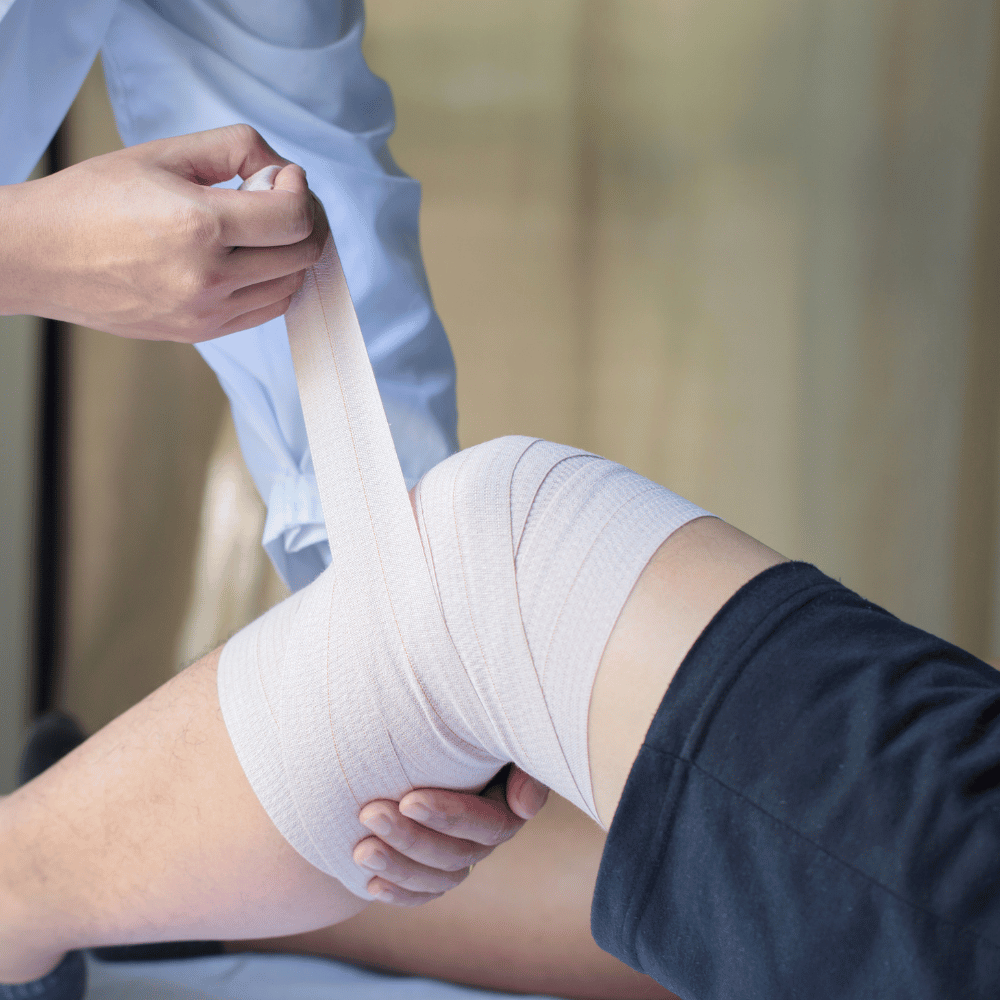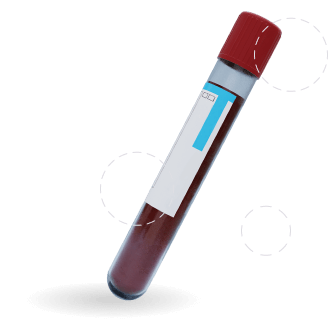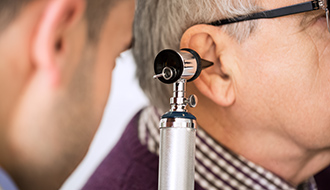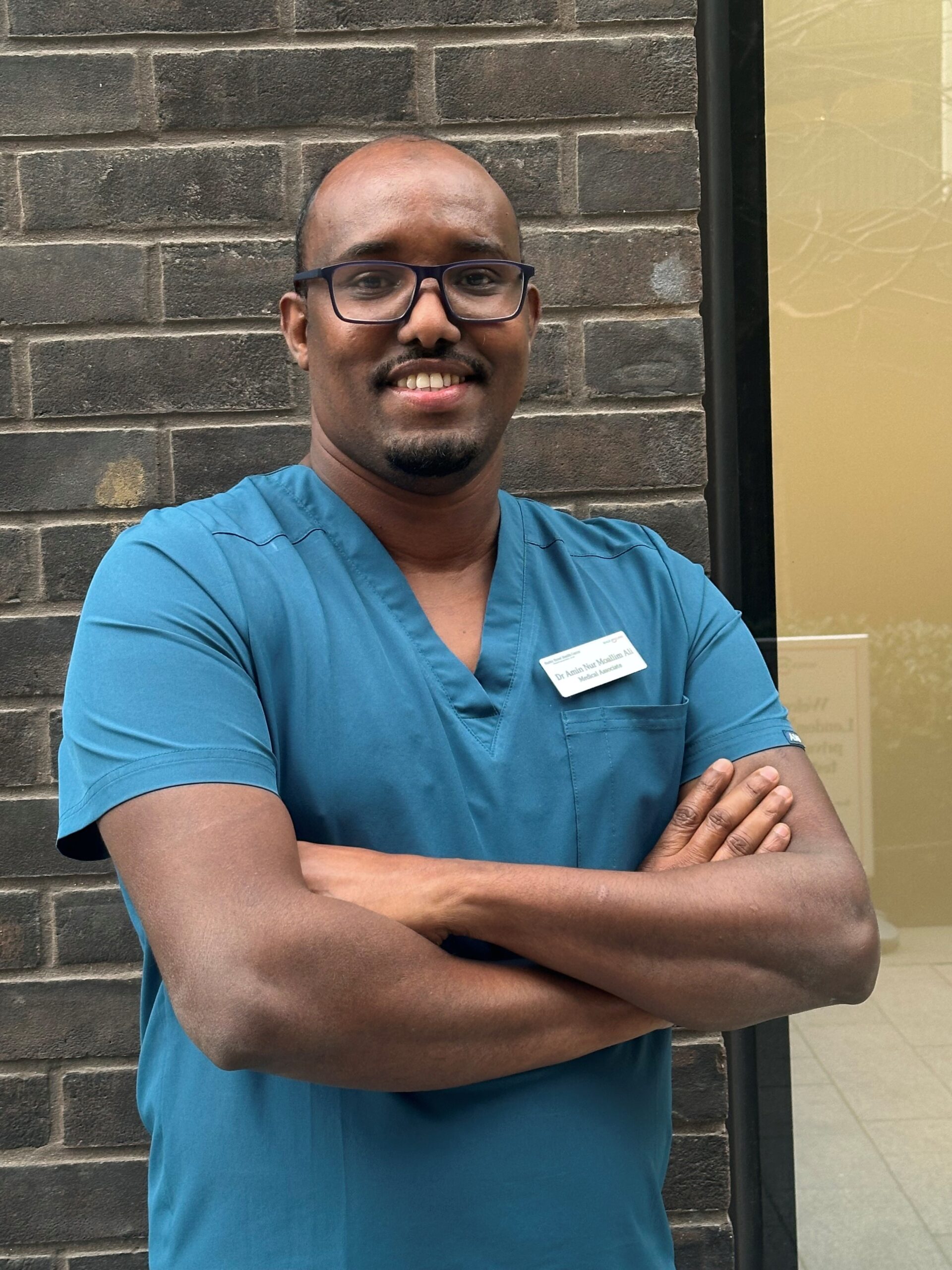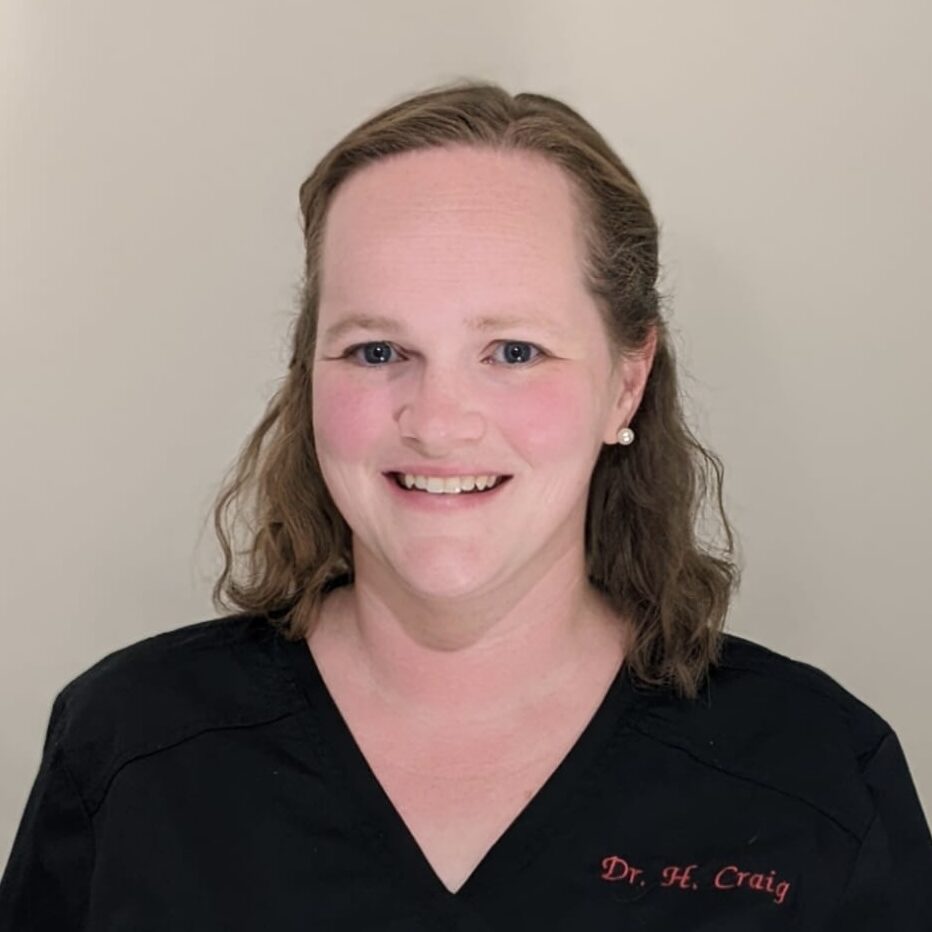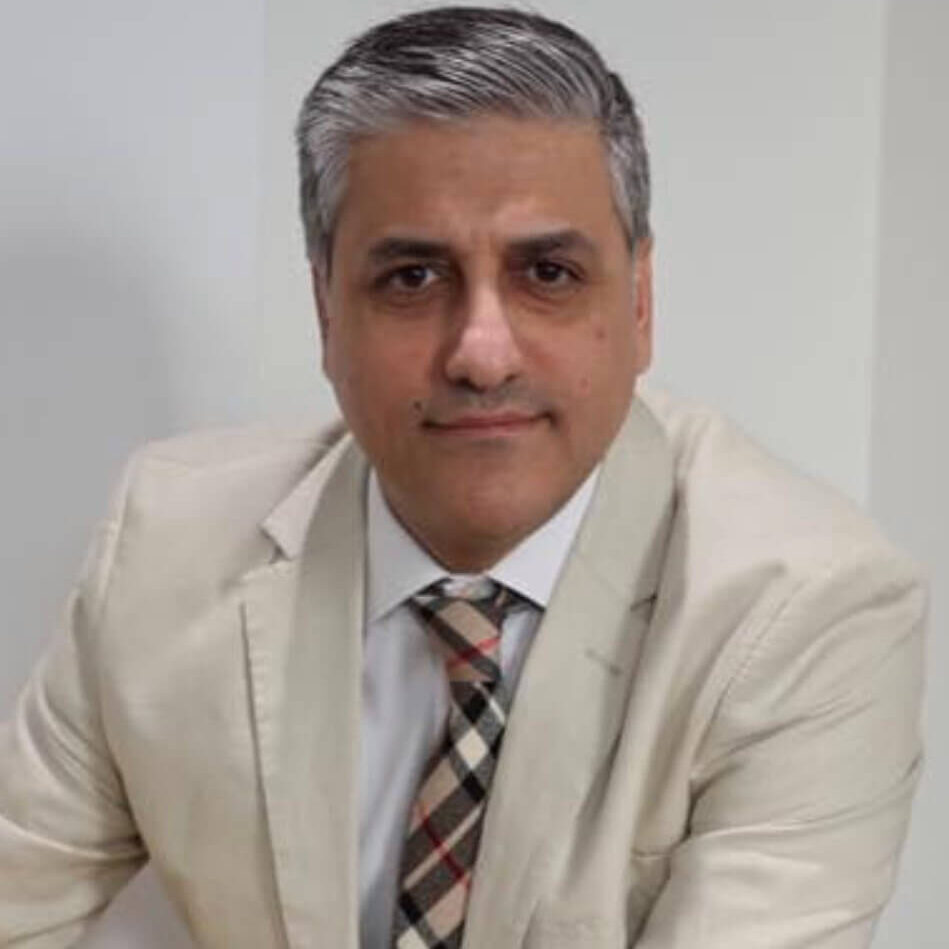Appointment
The healthcare provider will assess the severity of the cut or graze, checking for depth, signs of infection, and any embedded foreign objects. Based on this assessment, they may clean the wound more thoroughly, provide stitches if needed, and apply a suitable dressing. The provider will give you instructions on how to care for the wound at home, including guidance on cleaning and changing the dressing. They may also offer advice on pain management and signs of infection to watch for. If necessary, they will discuss whether you need a tetanus booster or other vaccinations based on the nature of your wound and your vaccination history.
